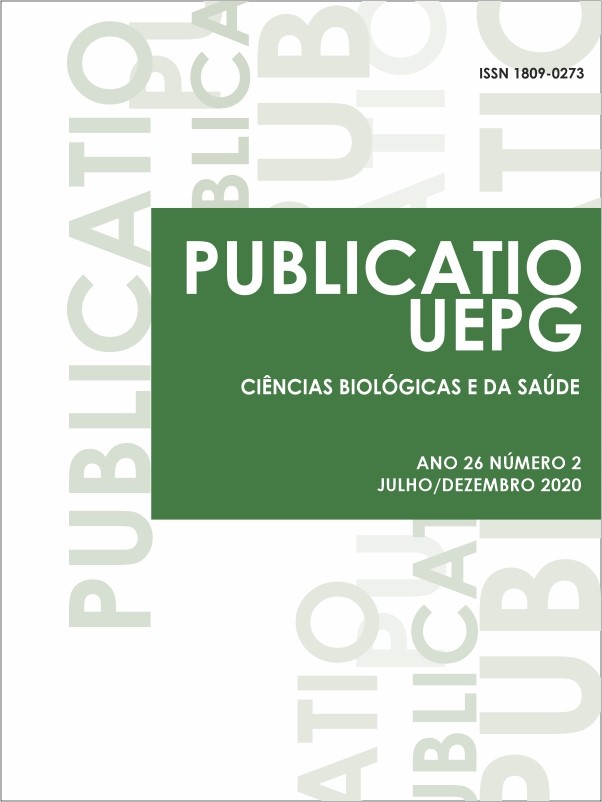A PREVALÊNCIA DE ANSIEDADE E FATORES ASSOCIADOS EM MÉDICOS DE UMA UNIVERSIDADE PÚBLICA BRASILEIRA NA PANDEMIA COVID-19
Abstract
With the current COVID-19 pandemic, health care workers directly linked to the care of suspected and infected patients have been presenting losses not only in physical but also in mental health. The constant psychological fear and the great physical and emotional demands are stressors that medical workers have to face, which can contribute to the emergence or worsening of psychiatric disorders, particularly anxiety disorders. Our objective was to identify the prevalence and factors associated with anxiety in medical professionals who work in teaching, doctors who work exclusively in assistance and residents of a Regional University Hospital in Southern Brazil, which is a reference in the treatment of cases of COVID-19 in your region. This is a cross-sectional observational study, where the Google Forms platform was used to collect data and the content answered was a sociodemographic questionnaire, of living conditions and the General Anxiety Disorder (GAD-7) scale. In all, 51 professionals from 97 found completed the survey. Most of the sample consisted of men (64.7%), the average age was 40.7 years, 47.1% worked for more than 10 years and 31.4% reported some sleep disorder. The prevalence of anxiety was 25.49%, with a predominance of women (53.85%), median age of 34 years, single (53.85%), white (69.23%). In our study, it was found shorter career, labors associated with COVID-19, living alone and the lack of regular physical activity were factors associated with anxiety.
Downloads
Downloads
Published
Issue
Section
License

Este obra está licenciado com uma Licença Creative Commons Atribuição 4.0 Internacional.
Esta licença permite que outros distribuam, remixem, adaptem e criem a partir do seu trabalho, mesmo para fins comerciais, desde que lhe atribuam o devido crédito pela criação original. Este posicionamento está de acordo com as recomendações de acesso aberto da Budapest Open Access Initiative (BOAI).


